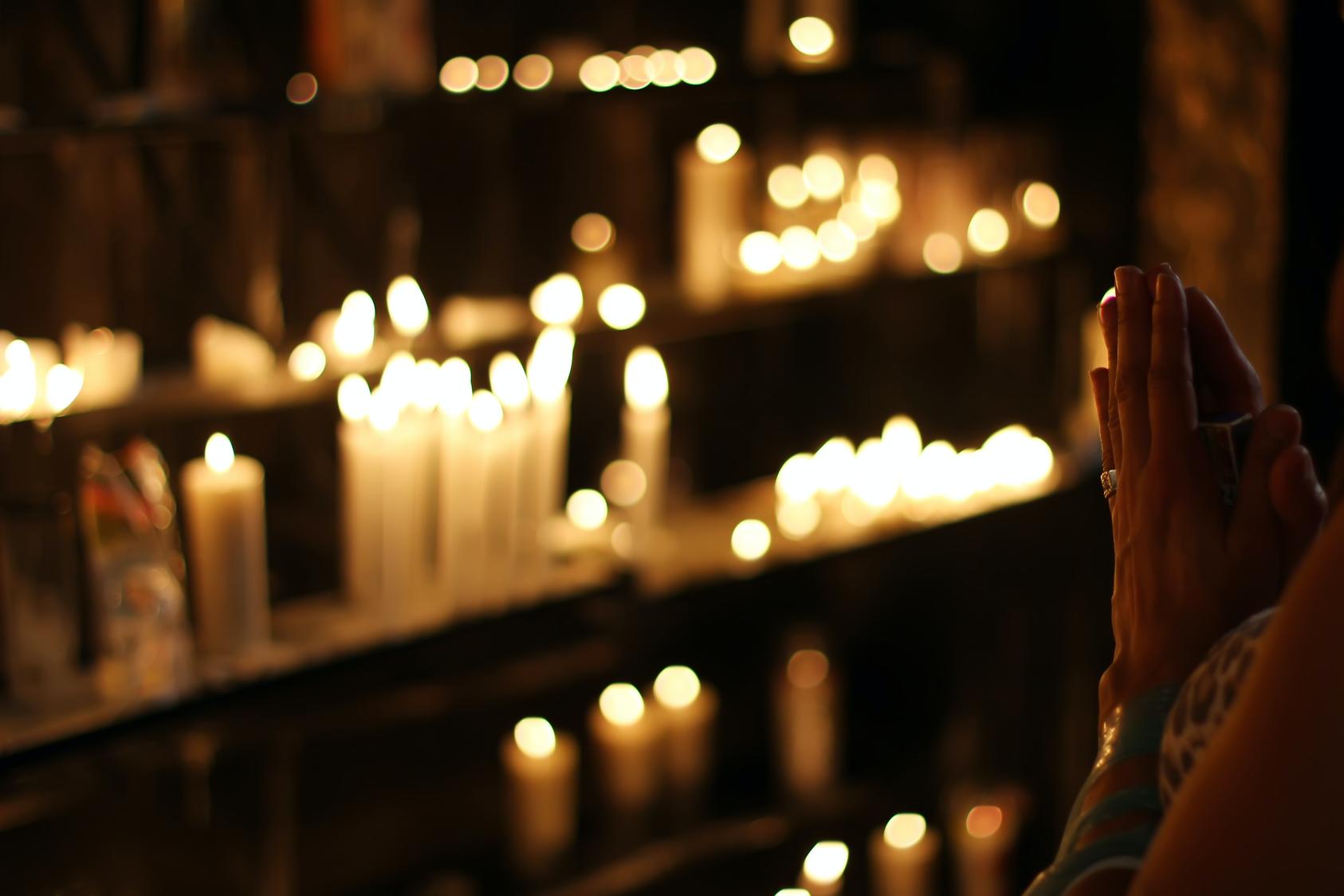Religious Engagement in Peacebuilding - A Common Ground Approach
The purpose of this course, inspired by and based on an approach developed by Search for Common Ground, is to provide training and serve as a resource for those working in peacebuilding who may be unfamiliar with (or even wary of!) religious engagement, or who are looking to gain greater confidence in working with religious actors and institutions. This course is also available in French and Arabic.

While religion has the power to be a force for both peace and war, many religious actors and religious institutions seek to be part of the solution to conflict. In fact, numerous religious actors and faith-based institutions work to mitigate violent conflict, help those suffering from violence and oppression, and promote peace. Given the complex roles of religion in peace and the presence of conflict dynamics unique to each context, it is important for anyone seeking to engage in peacebuilding activities to understand where and to what extent religion matters and to then determine whether and how to engage with religious actors and institutions, during times of both peace and conflict.
Learning objectives:
By the end of this course, you will be able to:
- Describe religious engagement in peacebuilding and the benefits and risks of engaging with religious actors.
- Reflect on and navigate your own assumptions and biases in religious engagement.
- Illustrate who religious actors are and their roles or potential roles in peace and conflict dynamics.
- Investigate ways to engage inclusively with religious actors and institutions.
- Evaluate the benefits of engaging religious actors and institutions, and know when and how it is appropriate to do so.
Institutional Partners
This course was designed and developed in partnership between USIP and Search for Common Ground and draws upon experiences and insights from many seasoned practitioners from both organizations. This online course was developed and made freely available to the public through funding from GHR Foundation. The views and opinions expressed in this course do not necessarily reflect the view of its sponsors.
Chapter 1: Religion, Peace, and Conflict
This chapter examines the complex dynamics between religion, peace, and violent conflict.
Chapter 2: Religious Engagement
This chapter introduces the religious peacebuilding paradigm, religious engagement, and its role in the broader peacebuilding field.
Chapter 3: Religious Literacy and Sensitivity
This chapter introduces concepts of religious literacy, why it matters, and best practices. It also discusses limitations and risks with regard to religious actor engagement.
Chapter 4: Inclusive Approach to Religious Actor Engagement
This chapter describes inclusive approaches to religious actor engagement, including how to identify and partner with religious women and youth peacebuilders and how to navigate interreligious settings and intra-religious differences.
Chapter 5: Multi-Sectoral Approach
This chapter helps overcome the assumption that religious engagement has to be specifically about “religion.” It also explores the ways religion intersects with many aspects of civil society, politics, governance, commerce, and development.
Chapter 6: Conclusion
This chapter invites participants to apply what they have learned throughout the course and share feedback. This chapter includes the final exam which is taken to receive a certificate of completion.
Instructors and Guest Experts
Instructors
- Michael Shipler, Vice President, Search for Common Ground
- Melissa Nozell, Program Officer, U.S. Institute of Peace
Curriculum Designers
- Sharon Rosen, Global Director of Religious Engagement, Search for Common Ground
- Peter Mandaville, Senior Expert, U.S. Institute of Peace
- Alysha Cieniewicz, Former Program Officer, U.S. Institute of Peace
- Dalia Goodhardt, Project Coordinator, Search for Common Ground
- Palwasha Kakar, Interim Director, U.S. Institute of Peace
- Tyler Brazitis, Research Analyst, U.S. Institute of Peace
- Maximilien Mellott, Former Research Assistant, U.S. Institute of Peace
- Kelli Clark, Program Assistant, U.S. Institute of Peace




